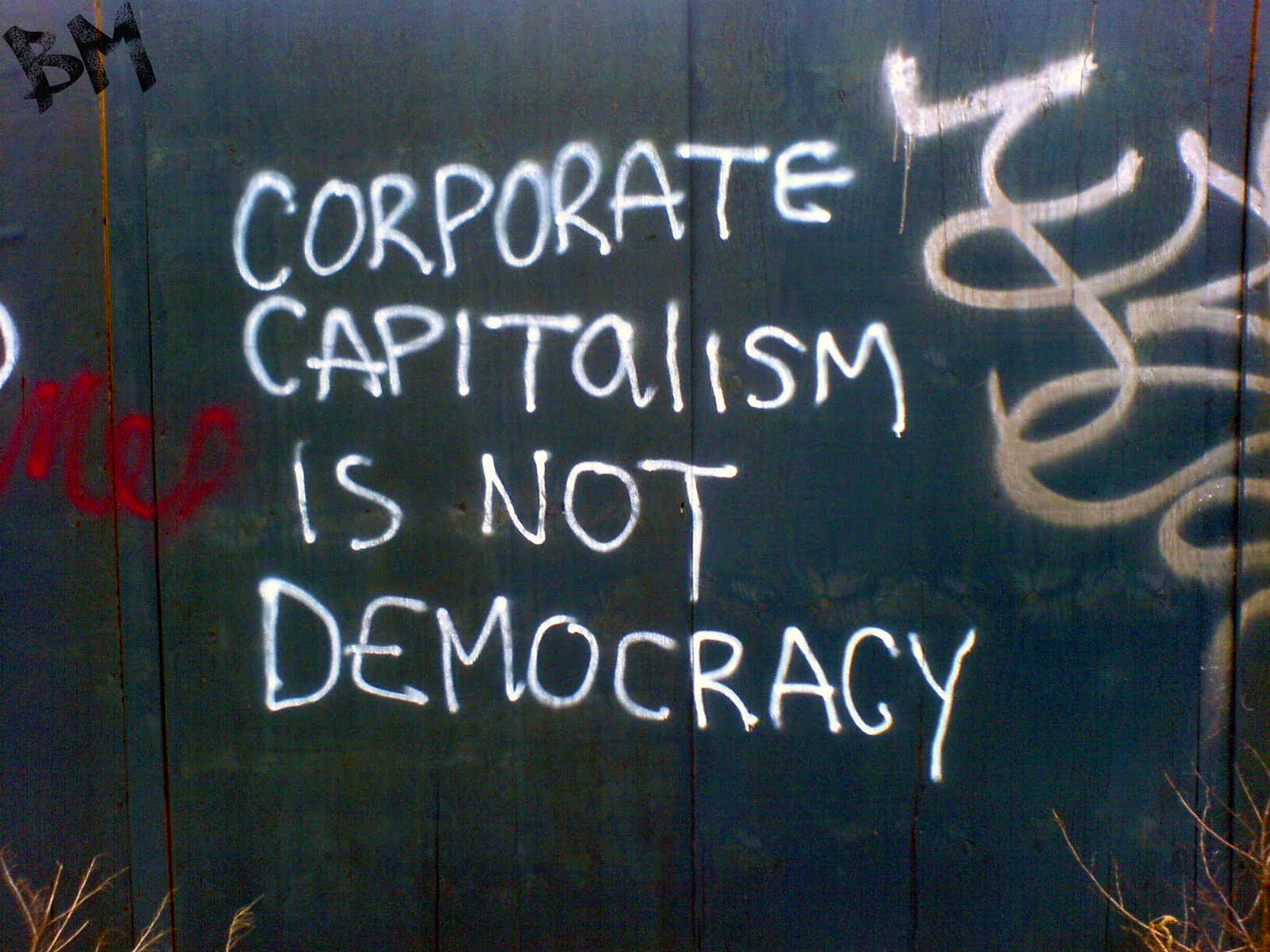Time for a New Economics
By Sandra Waddock
Steen Valentin recently pointed out in a BOS blog that we – and particularly economists – need to look beyond Milton Friedman’s famous New York Times argument that ‘The social responsibility of business is to increase its profits’. Friedman’s argument underpins today’s dominant ideology and the economics that shapes it – neoliberalism.
Neoliberalism has a core and often repeated set of tenets or memes – the core building blocks of narratives and of culture (ideas, phrases, words, images, symbols). These well-rehearsed memes include that markets and trade are ‘free’, economic actors are self-interested profit maximizers, free markets will resolve societal problems, responsibility is individual, less government is invariably good, and continual economic growth through globalism is feasible and desirable.
Fundamentally, Friedman stated that the sole purpose of the firm is to maximize profits or shareholder wealth, despite that shareholders are, as Charles Handy long ago pointed out, hardly actual owners of the firm in any real sense.
This narrative completely overlooks both societal and ecological impacts of economic activity because nature is completely ignored, even assumed away.
As former UK Prime Minister once put it, ‘There is no such thing as society’. More to the point, Thatcher also stated, ‘There is no alternative’ to neoliberalism, a phrase that got shortened to TINA – still widely believed today.
There Really Are Alternatives!
Is there really no alternative? Particularly in the era of the Covid-19 pandemic, climate emergency, massive species extinction, and growth global inequality? In a recent paper ‘Reframing and Transforming Economics around Life’ I argued for just such an alternative, and also that economics that supports all of life needs to be the mainstream economic orthodoxy. It cannot be considered ‘heterodox’ or come with a modifier that sets it apart from the mainstream.
That means finding new memes as powerful and compelling as the neoliberal ones they need to replace.
Such thinking, while fundamentally based in economics, also needs to encompass core societal and ecological considerations to reframe how business is done and how economic activity in general is undertaken.
The paper synthesizes six new memes that frame an economics in support of all of life. It draws from a wide swath of economics and other literature (including now ‘heterodox economics’) and supports new approaches like Kate Raworth’s doughnut economics – with a few core memes. The six memes are briefly described below.
Six Core Memes for Economic Orthodoxy in Support of All of Life
- The first new meme is stewardship of the whole, which means that all economic actors have a shared responsibility for the whole system (or nested set of subsystems) that their activities impact. This meme explicitly recognizes both the broader social – societal – system in which economic activity is embedded – and the natural environment in which societies are intimately, inextricably, and interdependently nested. The good of whole systems needs to be kept constantly in mind, whether that is the good of a whole company, a community, a nation, or the planet itself.
- Another is Co-creating Collective Value. Here I draw from the pioneering work of Donaldson and Walsh, who stated the purpose of business as creating collective value absent dignity violations. The idea of co-creation invites collective participation in the production of value for the whole system – not just for one stakeholder but for the many that are affected by businesses and other economic actors. Multiple values and multiple stakeholders will inevitably mean new metrics by which to assess economic productivity and activity. Co-creating collective value brings back the original meaning of wealth, which has been corrupted to meaning only financial wealth, but which originally meant health, wellbeing, and prosperity.
- A third relates to cosmopolitan-localist governance. The idea here is that though we live in a globalized world (and some things will remain globalized), many decisions – economic and other – need to be placed at the most local level feasible. That ensures access, voice, and participation by many more actors, and encourages sharing of ideas, knowledge, and other resources in contextually appropriate ways.
- A fourth is that of regeneration, reciprocity, and circularity, which acknowledges the interconnectedness and interdependence of humans and nature, and that todays so-called take-make-waste production processes are no longer either truly efficient from a whole systems perspective. Regeneration means that production processes need to allow time for the Earth to regenerate resources that will be needed long into the future. Reciprocity means that trade and exchanges need to be mutually beneficial among other humans and with respect to nature. Circularity embodies the idea that ‘waste equals food’ as frequently expressed by the concept of circular economy.
- The precept of relationship and connectedness places human economic and social activity into the full complexity and ‘wickedness’ of its connected and relational socio-ecological context. It recognizes that people are social creatures by nature, who only exist in the context of community. It acknowledges, as the African saying Ubuntu goes, ‘I am because we are’.
- Finally, equitable markets and trade recognizes that markets exist and are important to meeting real (not manufactured) human needs, and that they need to be fair to all participants throughout the supply chain. That means that products and services need to be fully-costed and priced accordingly – and that all so called ‘externalities’ or negative by-products of production need to be incorporated into prices.
Though far more detail is provided in the actual paper, this brief outline synthesizes some of the core aspects of a framing for economics that has the potential to support all of life, rather than as is the case with neoliberalism, ignoring life and our Earth itself as a living system. It is past time for such a shift in thinking – and core memes – to take place. These ideas are offered as a tentative framework for beginning to reshape economic thinking in the direction of what works for all of life – wealth in its original meaning!
Further Reading
Sandra Waddock, Reframing and Transforming Economics around Life, Sustainability, 2020, 12, 7553; doi: 10.2290/su1218755
About the Author
Sandra Waddock is the Galligan Chair of Strategy, Carroll School Scholar of Corporate Responsibility, and Professor of Management at the Carroll School of Management, Boston College, Chestnut Hill, MA USA. Her research interests include large system change; management education; cross sector collaboration; corporate responsibility; and social and organizational change.

